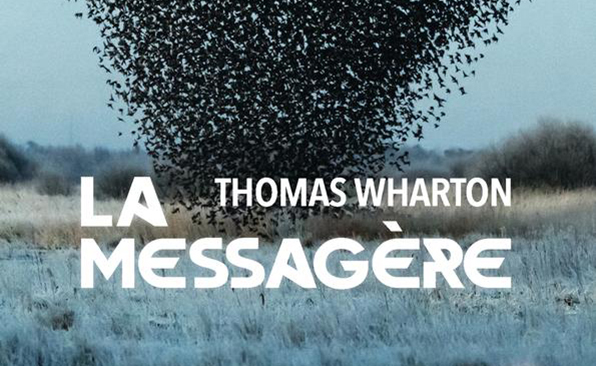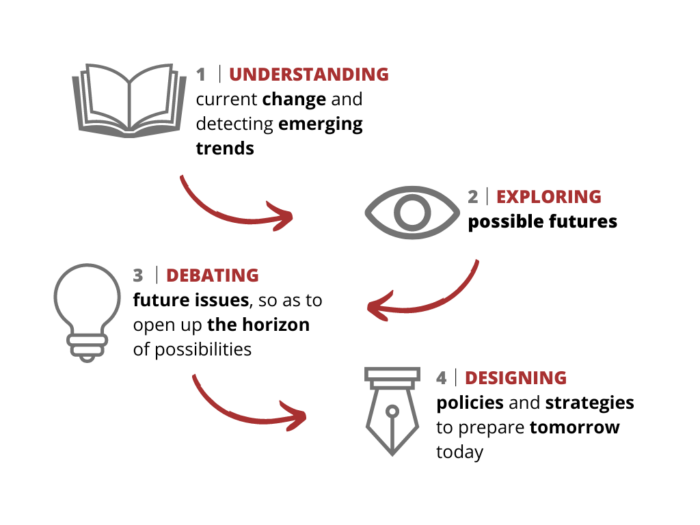In recent years a concept and an intellectual approach have emerged under the title “prospective du présent” (present-based futures studies). Julien Damon analyses it here.
In particular, he says that the “present-based futures studies”, unlike futures studies conducted by experts which usually take their starting-point prior to the point of decision-making, tends to rely heavily on what those involved know and the capacity jointly to create a better future.
Proponents of this approach are particularly concerned to identify weak signals (which is also part of traditional futures studies), especially local initiatives likely to have an impact on the future, and they hope to encourage new forms of joint action and hence contribute to fostering more democratic forms of governance.
Driven by “methodological optimism”, they seek to “stimulate attention, audacity and inventiveness”; they hope to promote the emergence of desirable futures through a “bottom-up” approach based on the ideas and practices of those actually on the ground.
Readers of this article will doubtless recognize many familiar topics, such as futures studies monitoring and updates, as well as a future shaped by the collective will of those concerned.
La prospective du présent. Jalons à partir de la trilogie " La prospective d'un siècle à l'autre "
Cet article fait partie de la revue Futuribles n° 287, juin 2003


